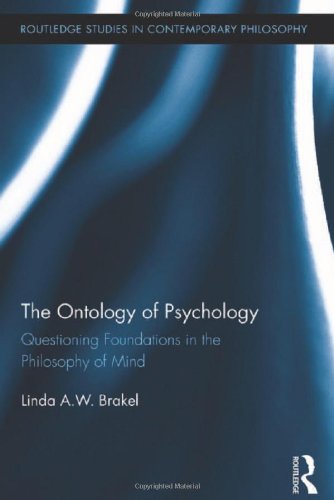

Most ebook files are in PDF format, so you can easily read them using various software such as Foxit Reader or directly on the Google Chrome browser.
Some ebook files are released by publishers in other formats such as .awz, .mobi, .epub, .fb2, etc. You may need to install specific software to read these formats on mobile/PC, such as Calibre.
Please read the tutorial at this link: https://ebookbell.com/faq
We offer FREE conversion to the popular formats you request; however, this may take some time. Therefore, right after payment, please email us, and we will try to provide the service as quickly as possible.
For some exceptional file formats or broken links (if any), please refrain from opening any disputes. Instead, email us first, and we will try to assist within a maximum of 6 hours.
EbookBell Team

4.8
64 reviewsIn this volume, Brakel raises questions about conventions in the study of mind in three disciplines―psychoanalysis, philosophy of mind, and experimental philosophy. She illuminates new understandings of the mind through interdisciplinary challenges to views long-accepted.
Here she proposes a view of psychoanalysis as a treatment that owes its successes largely to its biological nature―biological in its capacity to best approximate the extinction of problems arising owing to aversive conditioning. She also discusses whether or not "the mental" can have any real ontological standing, arguing that a form of reductive physicalism can be sufficient ontologically, but that epistemological considerations require a branch of non-reductive physicalism. She then notes the positive implications of this view for psychiatry and psychoanalysis, Finally, she investigates the role of "consistency" in method and content, toward which experimental philosophers strive.
In essence, Brakel articulates the different sets of challenges pertaining to: a) ancient dilemmas such as the mind/body problem; b) longstanding debates about the nature of therapeutic action in psychoanalysis; and c) new core questions arising in the relatively young discipline of experimental philosophy.